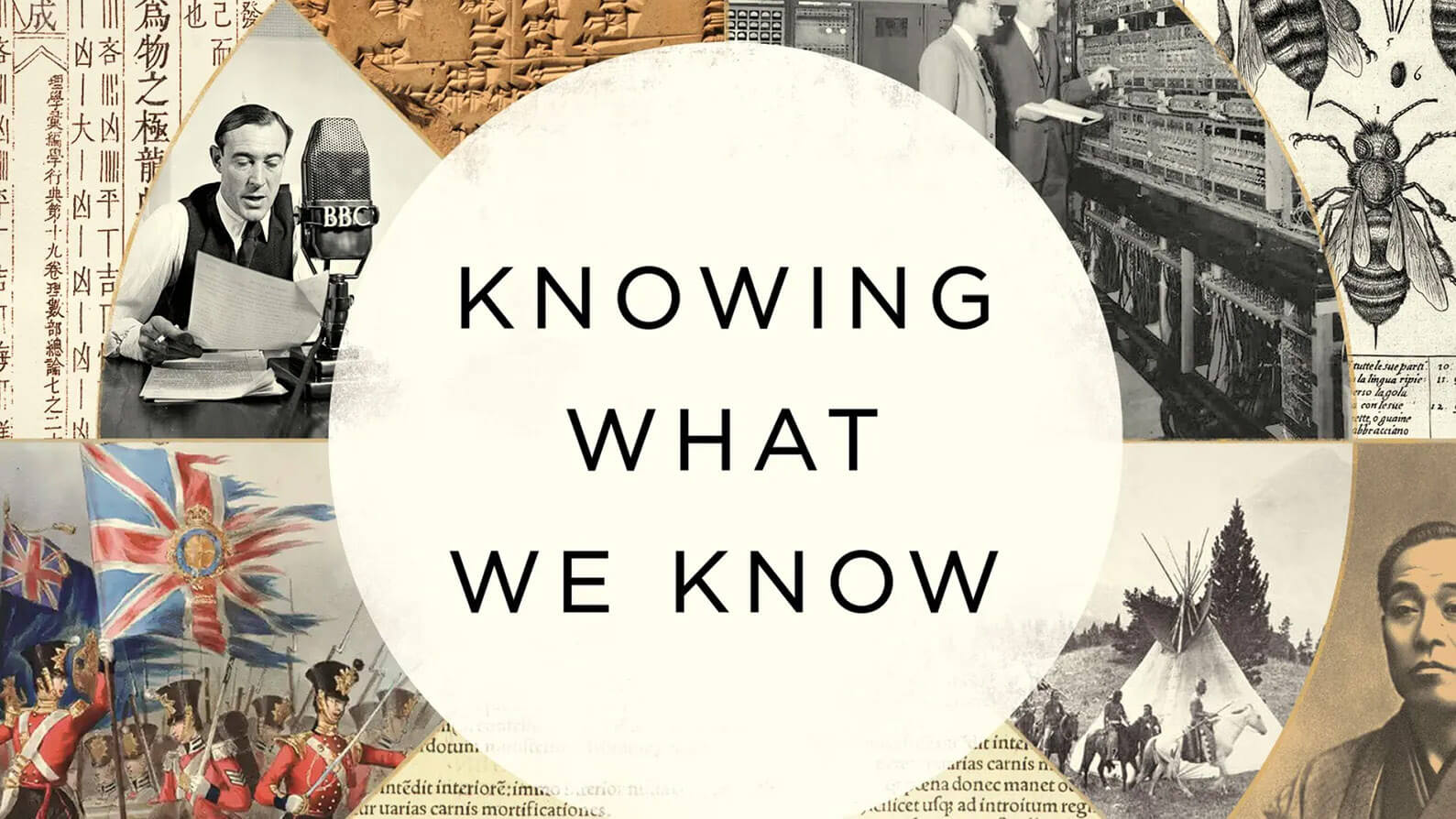I am an oddball. I like to work on Christmas.
I don’t know how it is now, but when I was younger and worked for newspapers, variously in Africa, Britain and the United States, I always volunteered to work over the holiday and loved it. There was a special Christmas camaraderie, often more than a little nipping at the eggnog, and the joy to know that senior staff weren’t around — and, especially, to know that they weren’t needed. We, the juniors, could do it.
When you were unimportant otherwise, being in charge of a daily newspaper was the kind of Christmas gift one savored. It was a case of being news editor, city editor or chief correspondent for a day.
The senior editors were gone, and the junior staff had the run of the proceedings. Lovely fun, it was.
But not every worker is happy to labor on the great day. Consider the parish priest.
Once, I stayed with my wife, Linda Gasparello, at The Homestead, the grand hotel in Hot Springs, Virginia, where Washingtonians have been spending Christmas since the 1800s.
Having feasted happily but unwisely on Christmas dinner in the hotel’s baronial dining room, we felt the need for a little drive and perhaps a walk. We fetched up at The Inn at Gristmill Square in Warm Springs. The town abuts the hotel’s 2,300 acres and is a delightful contrast, small and cozy.
At the bar was the local Episcopal priest. He was enjoying a little bottled Christmas cheer. Together, we had some more of what had brought him to his relaxed state and, looking dolefully at me, he said, “I love my job. I love my parishioners. But Christmas is so hard on a parish priest, that is why I am here with my friend,” he indicated the bartender.
He explained that apart from the additional services, he was expected to call on many families, attend many parties, eat lunches and dinners, and visit the sick and attend the everyday pastoral work of his office. The poor father was exhausted and enjoying Christmas in his private way, far from the madding crowd.
Clearly, this was nothing like the lark of working on newspapers at Christmas. But we shared more cheer, and he told me of how the real Christmas for him was in his daily pastoral work. He also liked working on Christmas, just that his lasted all year and got a bit hectic toward the 25th of December.
I marvel at Christmas. How it grips the whole world. How transcendental it is. How it sweeps up denominations. How Jews, Muslims, Hindus, Buddhists and animists get into the spirit of it.
Also, I marvel at how Christmas has been modified globally to fit the Northern European tradition, with snow and mistletoe and songs that often have no religious relationship — like “Rudolph the Red-Nosed Reindeer” or “White Christmas.”
My mother — who, like me, grew up in Africa — was against what she saw as the cultural appropriation of Christmas by the snowy European influence. She insisted on covering the house in ferns and other greenery, which she cut and hung on the 24th of December. Not an hour earlier. The 12 days of Christmas began for her on Christmas Eve and extended to Twelfth Night. Decorating earlier was heresy.
In vain, I pleaded for cotton wool snow, even though there was no snow in Bethlehem, and told her there was no greenery in the desert.
“Good King Wenceslas” was, it is believed, the Duke of Bohemia, now the Czech Republic. But to us in Africa, in the summer in the Southern Hemisphere, the snow lay deep and crisp and even in our imaginations.
That is the miracle of Christmas. It is for everyone, celebrated in its own way across the continents, inside and outside of Christendom.
Christmas is the world’s happy place. Enjoy!









